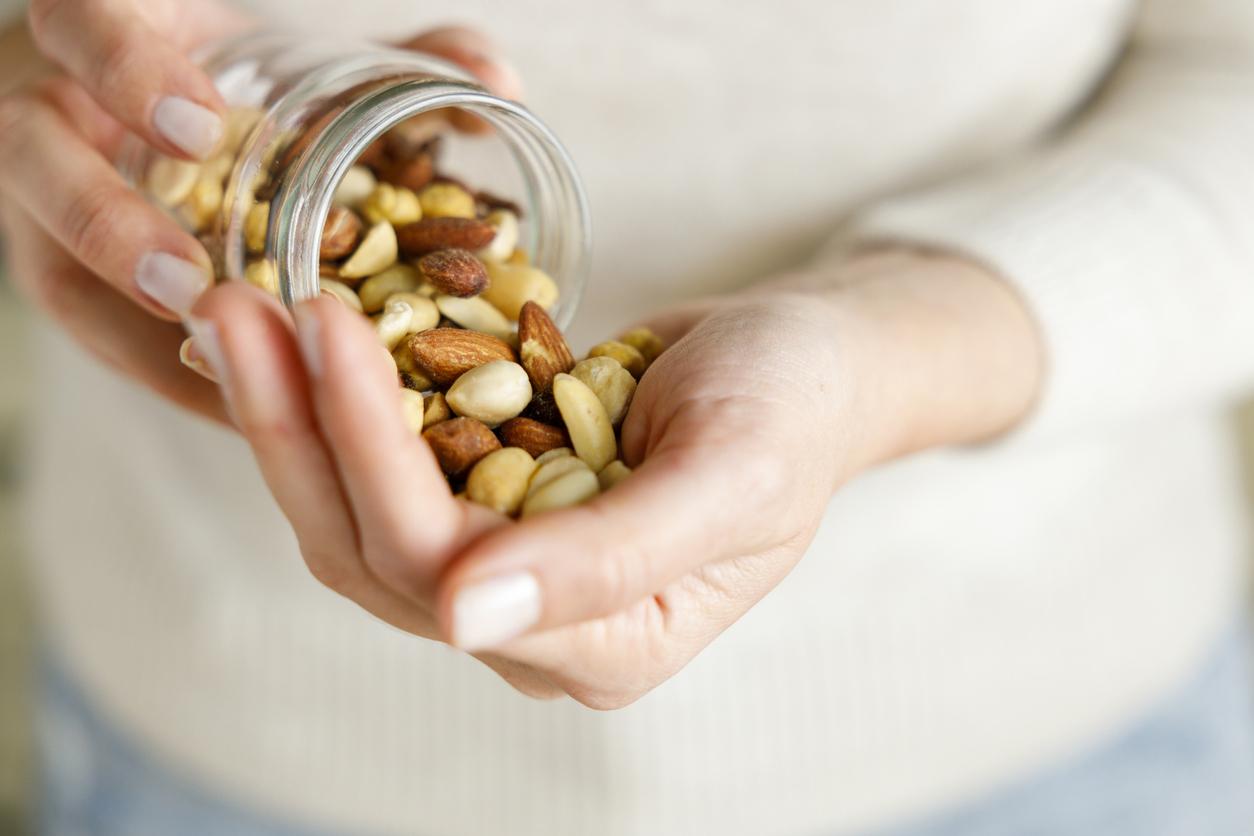This is nothing new, alcohol and pregnancy do not mix. Moreover, alcohol consumption could even be harmful to the unborn baby from conception.
Researchers in epidemiology at Aarhus University Hospital (Denmark) and the Boston School of Public Health wanted to verify the extent to which
alcohol could affect fertility in women. Their study, published on August 30 in the British Medical Journal, covers more than 6000 Danish women aged between 21 and 45 years old, in a couple and wanting a child.
Drinking moderately does not affect fertility
The participants were asked to complete a questionnaire twice a month for a year, or until they were pregnant, in order to find out about the number of drinks drunk per week, the type of alcohol, the frequency of intercourse. sexual intercourse, their tobacco consumption or the state of their menstrual cycle.
A total of 4,210 women, or 70% of the participants, became pregnant during the study.
Of these, nearly 1,850 did not drink alcohol, 4,200 drank between one and 14 drinks per week, and 75 drank 14 or more. The results show that drinking more than 14 glasses of alcohol per week is linked to an 18% decrease in fertility compared to abstinence. However, if consumed in moderation, alcohol would not affect fertility, the study notes.
“These findings offer some reassurance for couples looking to have a child,” said Annie Britton, epidemiologist at University College London. “Total abstinence is not necessarily necessary to improve your chances of conceiving.”
With women in the most alcohol-consuming group representing only 1.2% of all participants, and the study being only observational, the researchers still urge the public to take these results with the imprecision they contain.
Infertility, a real problem in developed countries
“The wisest thing is to avoid excessive alcohol consumption, both for the disruption of menstrual cycles that this causes but also for the potential damage inflicted on the fetus at an early stage of pregnancy,” she adds. .
In addition, the epidemiologist recommends that both partners of a couple moderate their alcohol consumption in case of difficulty conceiving.
In developed countries, up to 24% of couples experience infertility after twelve months of attempting, an assessment that Inserm already qualified as a “significant health problem” a few years ago.
Read also :
Unusual: a bracelet to help women get pregnant
Design: staying still after love is useless!
Binge drinking, a poison for the brain
















